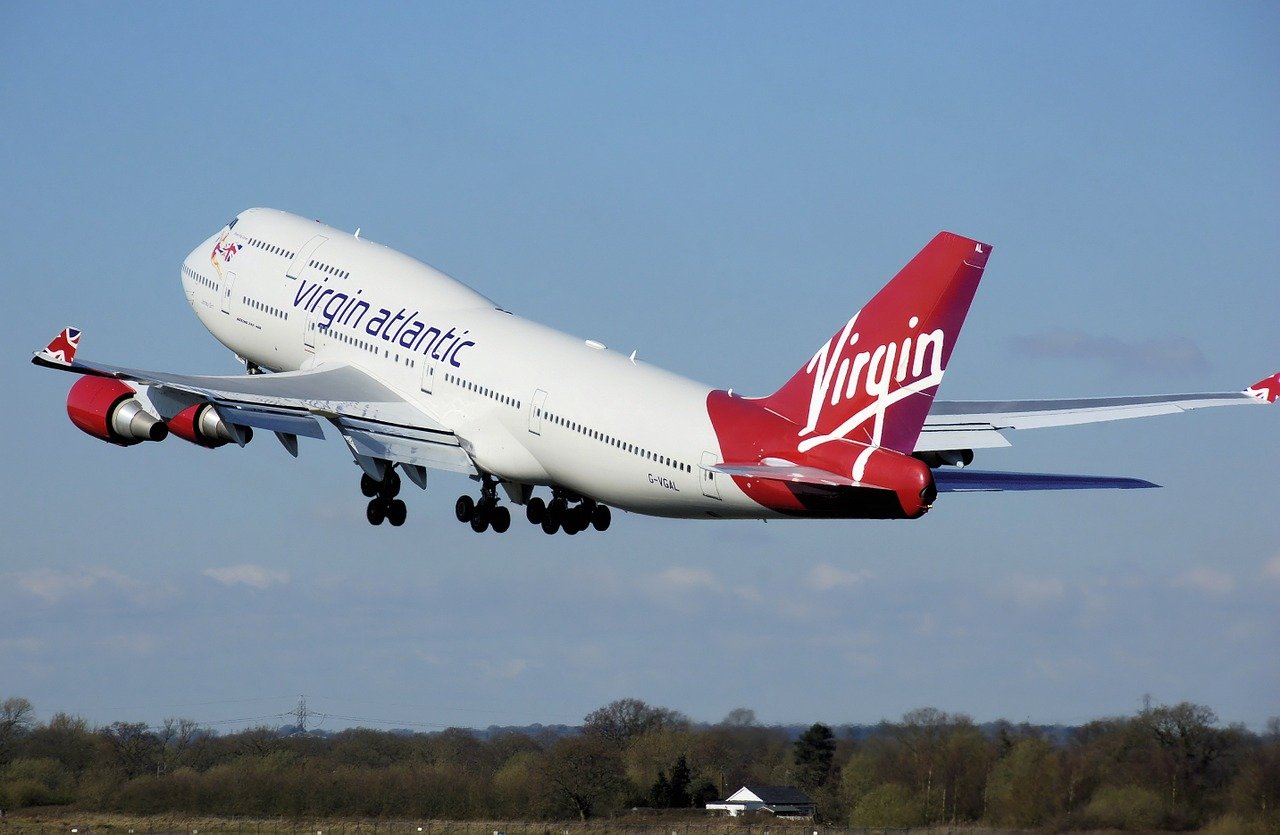Virgin Australia chief executive Paul Scurrah will step down once the airline is transferred to new owner Bain Capital.
The decision follows reports that he disagreed with Bain over the future direction of the airline.
Virgin Australia went into voluntary administration in April before the US private equity group bought it.
The airline struggled under travel bans imposed by the Australian government due to the Covid-19 pandemic.
Bain agreed to buy the struggling airline in June, and the deal is expected to be complete by early November.
Jayne Hrdlicka, a former head of rival Qantas’s budget carrier Jetstar, will take over the top job when the deal is complete.
According to media reports, Mr Scurrah had clashed with Bain over plans to make it a low-cost carrier.
He had reportedly wanted to maintain a more premium offering than the new owners.
The disagreement could also raise tensions with the main union representing Virgin Australia workers, who are worried a plan for a budget carrier might mean fewer jobs.
On Wednesday the Transport Workers Union (TWU) suspended negotiations with the airline over pay and conditions.
“What we’ve done is taken the measured step of halting proceedings until we get some clarity,” national president Michael Kaine told Australia’s ABC.
In a statement on Thursday, the airline’s administrators Deloitte said Bain had reaffirmed that Virgin Australia would be a “hybrid airline”.
The model would appeal to “the full spectrum of travellers” from corporate to budget, Deloitte said.
In August, Virgin said its aim was to be the “best value” carrier in the market rather than the cheapest, adding it would retain business class and its airport lounges.
“Whilst it has been the most challenging time in aviation history, I have continued to be so proud of the way my team and our entire organisation has fought to save this airline,” Mr Scurrah said in a statement.
Virgin was originally launched as a budget airline, but had spent years transforming itself into a full-service carrier.
However, Virgin posted several years of losses before the pandemic, and had amassed considerable debt.
In addition to international border closures, a patchwork of state border restrictions during the pandemic has made things difficult for Australia’s airlines.
National carrier Qantas reported an annual loss of nearly A$2bn ($1.4bn; £1bn).
Virgin itself has already said about 3,000 jobs will go when Bain takes over, with about 6,000 remaining.
It also plans to shut down its low-cost subsidiary Tiger Australia.
The airline had previously held around 31% of Australia’s domestic routes, while Qantas controlled roughly 58% of the market.
Virgin Australia had flown about 130 aircraft to 41 destinations.
It was mostly a domestic carrier, but also flew to New Zealand, Bali, Fiji, Tokyo and Los Angeles.
